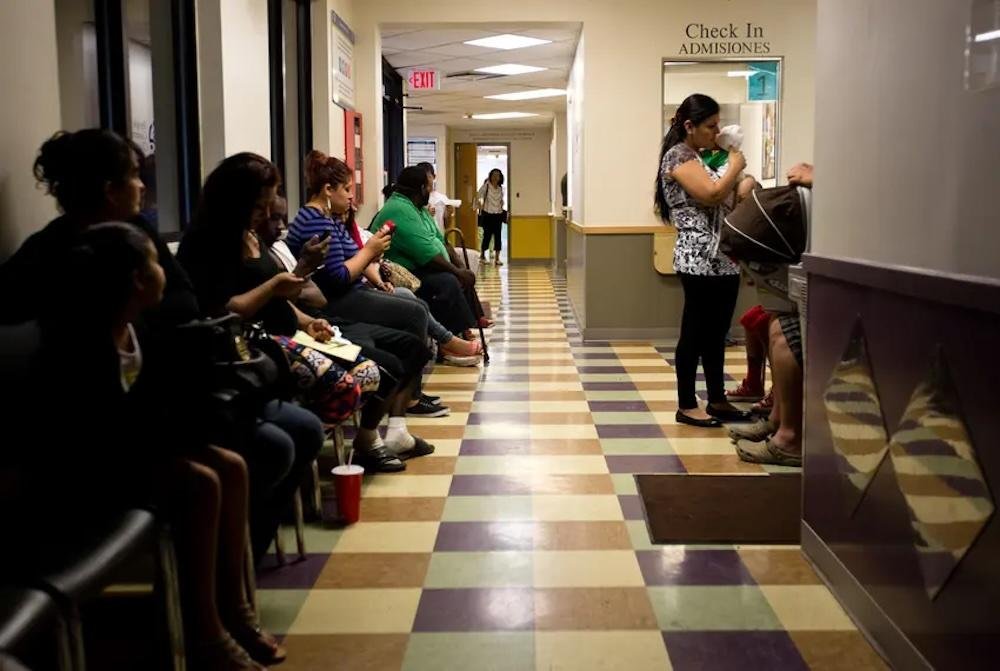Business
Texas Takes Biden Administration to Court Over Secret Teen Contraception Policy

Texas Attorney General Ken Paxton announced Thursday a lawsuit against the Biden administration over a federal contraception program that offers teens birth control without needing parental consent. Known as Title X, the program has historically provided confidential contraception to minors in Texas, but a 2022 court ruling mandates parental sign-off for such services.
Title X, established during the Nixon administration, allows individuals to access contraception confidentially regardless of age, income, or immigration status. Federal regulations have consistently maintained that parental consent cannot be required for teens. However, this changed in Texas when an Amarillo father, Alexander Deanda, sued the federal government, arguing that the regulation infringed on his parental rights under the Texas Constitution. Represented by Jonathan Mitchell, a former Texas Solicitor General, Deanda’s case was heard by the conservative Judge Matthew Kacsmaryk, who ruled in favor of requiring parental consent.
The 5th U.S. Circuit Court of Appeals upheld this decision in March. Meanwhile, the Biden administration attempted to counter the ruling by issuing a new regulation in 2021, which emphasized that Title X providers should not require parental consent for minors seeking family planning services. Paxton, asserting that this federal rule defies the 5th Circuit’s judgment, is seeking a permanent injunction.
In a statement, Paxton accused the Biden administration of pushing an extremist agenda by forcing Texas healthcare providers to offer contraceptives to minors without parental consent, arguing it undermines constitutional principles. The lawsuit has been filed in federal court in Amarillo, where Judge Kacsmaryk, who previously ruled against Title X’s confidentiality clause, presides.
The Title X program’s administrator in Texas, Every Body Texas, did not comment immediately. However, Title X providers have underscored the essential nature of confidentiality in working with minors, some of whom cannot safely seek parental permission for birth control. Dr. Luis Garza of Project Vida in El Paso reported a 50% drop in teen appointments for contraception since the implementation of the parental consent requirement. Garza highlighted that fear of parental discovery deters many teens from seeking necessary contraceptive services.
Although the lawsuit will not directly alter minors’ current access to contraception in Texas, broader implications for reproductive health care in the state are evident. Texas has seen an increase in teen pregnancy rates following the near-total ban on abortions post six weeks of pregnancy, based on 2022 fertility data. With access to both abortion and contraception increasingly limited, healthcare providers and advocates express concern over potential spikes in teen pregnancy and sexually transmitted diseases.


















